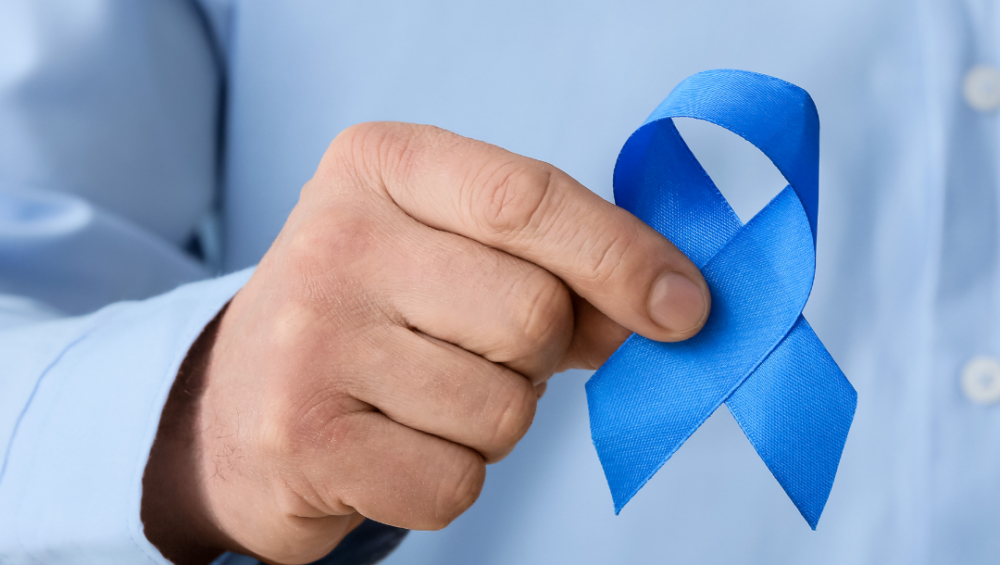A cancer diagnosis is one of those events that brings everything to a halt. In a culture where men are often expected to be strong and in control in the face of difficult emotions, it's easy to feel lost. This article offers five simple yet important messages that can become a starting point for you or a loved one who has just received a diagnosis.
1. You have the right to feel fear.
Fear, anger, sadness, shock – everything you feel is natural. A cancer diagnosis is a crisis, and an emotional reaction isn't a sign of weakness, but rather a healthy response to stress and threat. You don't have to pretend nothing is happening. Your emotions are part of the process of coming to terms with the situation, and experiencing them can be the first step toward regaining control over your life.
2. You are not weak for asking for help.
Asking for support—whether from loved ones, doctors, or mental health professionals—doesn't make you feel weak. Quite the opposite: it's an act of courage and responsibility. In psycho-oncology, we know that those who build a support network around them often cope better with treatment and adapt to their new reality. You don't have to deal with everything alone.
3. Emotions are not a threat.
Many men, especially when faced with illness, try to "squelch" their emotions because they seem like something that "just gets in the way." But suppressed feelings don't disappear—they often return in the form of insomnia, tension, outbursts of anger, or isolation. It's worth giving yourself space to express them—in conversation, through exercise, or in therapy. Emotions are not your enemy—they are a compass that can help you navigate a new situation.
4. You don't have to know and control everything.
Feeling like you're losing control is one of the most stressful aspects of illness. You don't have to know all the answers. Talk to loved ones, ask your doctors questions, be honest with yourself, and make decisions when you're ready. Give yourself permission to be unsure and uncertain—it's human nature, not a sign of weakness.
5. You are still the same person.
Cancer is a diagnosis, not a definition. The disease doesn't erase your self-worth, identity, or relationships. You are still a father, a partner, a son, a friend, a professional. You need time and mindfulness to reorganize your reality. Set goals, focus on small steps, seek support, and don't give up on what brings you joy.
If you're in treatment and just starting out on this journey, know that there are people willing to be there for you. With empathy, without judgment, and with a willingness to listen. Diagnosis isn't the end. It's a stage you can progress through at your own pace.
***
Author: Katarzyna Binkiewicz, M.A.

